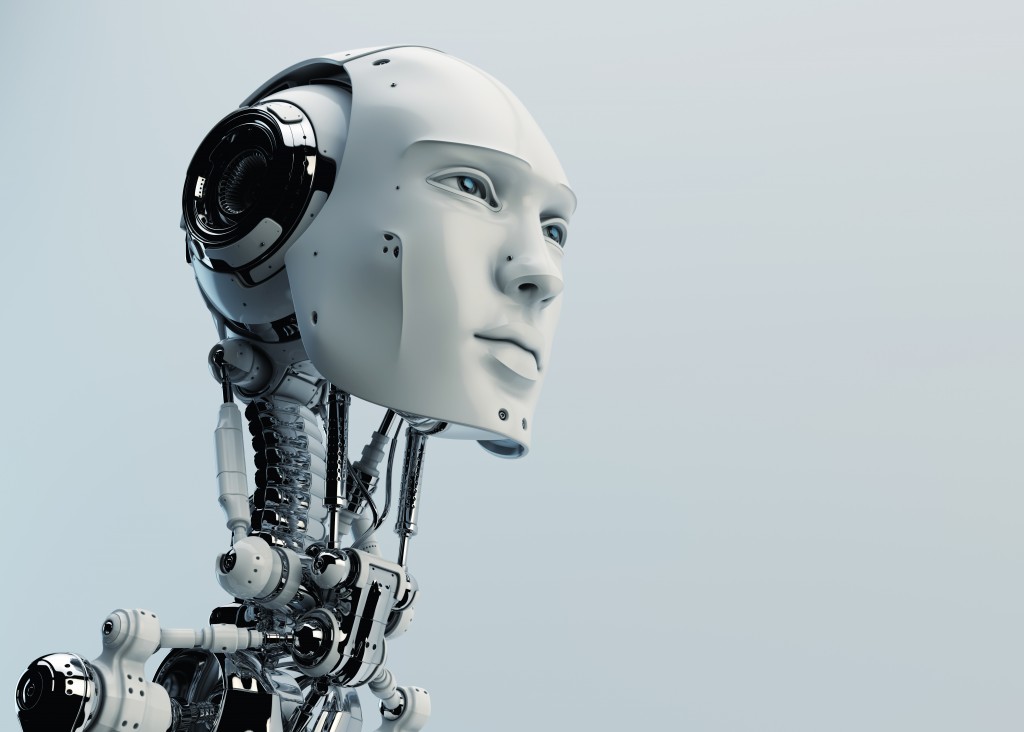There have been a lot of people lately believing that in a matter of years, most jobs will be obsolete as robots, AI, and technology will become so advanced that many blue and white-collared jobs will eventually be replaced for companies to reduce their costs. After all, robots can work around the clock without getting tired and don’t need salaries, or government-mandated benefits companies have to pay.
This is not necessarily true. While more technology can handle automation for specific tasks, it might still be necessary for human labor to assist in these tasks to ensure everything is going smoothly. Here’s why it’s unlikely technology will be completely replacing humans shortly.
Robots Cannot Replicate Emotions, Creativity, and Human Thinking
Contrary to what many people think, robots and AI can’t replace jobs and roles where emotions, creativity, and human thinking is necessary. These two can only go as far as they’re programmed, which makes it difficult for them to replace jobs where creativity and emotion are essential.
These include jobs like artists of all kinds, writers, and editors who can write in different types of voices, chefs that can experiment on flavors, musicians who compose their own lyrics and music, authors, journalists, and inventors.
Even jobs in the science and medical fields like psychologists and psychiatrists require an understanding of human nature, something that can be difficult to develop into AI. The field of psychology deals in the human mind, which can be irrational. This is why jobs in the psychology field rank the lowest in terms of automation risk with less than a one percent chance.
Cobots: Robots that Need Human Assistance

Not all robots are built to replace humans. Collaborative robot manufacturers are making what’s known as cobots. These are robots that are intended to work alongside humans rather than to replace humans and operate in an isolated area far away from causing harm to any nearby humans. Cobots are designed to provide efficiency, made with lightweight materials and rounded edges, and have limitations and sensors to ensure a human is safe while working near it.
These robots prove that some tasks still require human input. For example, while McDonald’s has started installing self-order kiosks in branches around the world, this will not result in mass layoffs. According to McDonald’s CEO Steve Easterbrook, this allows them to re-route their workforce to back-of-the-house operations and table service, making production faster.
Lots of Technology Still Need a Lot of Development
If you’ve watched a particular Black Mirror episode or have been keeping up in the latest automotive news, you might have heard about people thinking of self-driving cars as the future of the automotive industry. This would most likely make drivers obsolete in the future. But the problem with this is that there’s no indication how far into the future it will be when self-driving vehicles are finally on public roads.
Engineers have been trying to create self-driving cars for decades, and perfecting the technology for self-driving vehicles is expected to take at least another decade. Driving might be an everyday thing for us, but our decision-making in driving is one of the more complicated things to replicate onto automotive AI. And while there are self-driving car prototypes tried and tested in controlled environments, it has to be able to prove its safety on public roads and pass regulation hurdles from governments – and that could take years.
Now, imagine other complex human activities and how long it would be before engineers can perfect it.
Robots and AI are the future of technology, but there’s no reason to worry about them taking over all human labor soon. Technology will develop, but so will the way humans live over time, and it doesn’t necessarily mean robots will eventually replace everyone. Many of them are built to work alongside humans, not replace them.

